How Often Do Water Heaters
Need to be Replaced?
Water heaters play a vital role in providing a reliable and consistent supply of hot water to homes. To ensure their continued performance and prevent inconvenient disruptions, it's important to understand when a water heater may need replacement. In this guide, we will cover the signs that indicate the need for a new water heater and the factors to consider when making that decision. By being proactive, you can maintain a steady supply of hot water for your family. Read on to learn more.

How long do water heaters last?
The lifespan of a water heater can vary depending on various factors. On average, traditional storage tank water heaters typically last between 8 to 12 years. It's important to keep these factors in mind and take proper care of your water heater to maximize its lifespan.
Tankless units generally have a longer lifespan compared to traditional storage tank models.
Proper installation and regular maintenance are crucial for maximizing the lifespan of a water heater.
Routine maintenance and inspections help ensure optimal efficiency and identify potential issues early on.
Excessive daily usage and high levels of hard water can impact the lifespan of a water heater.

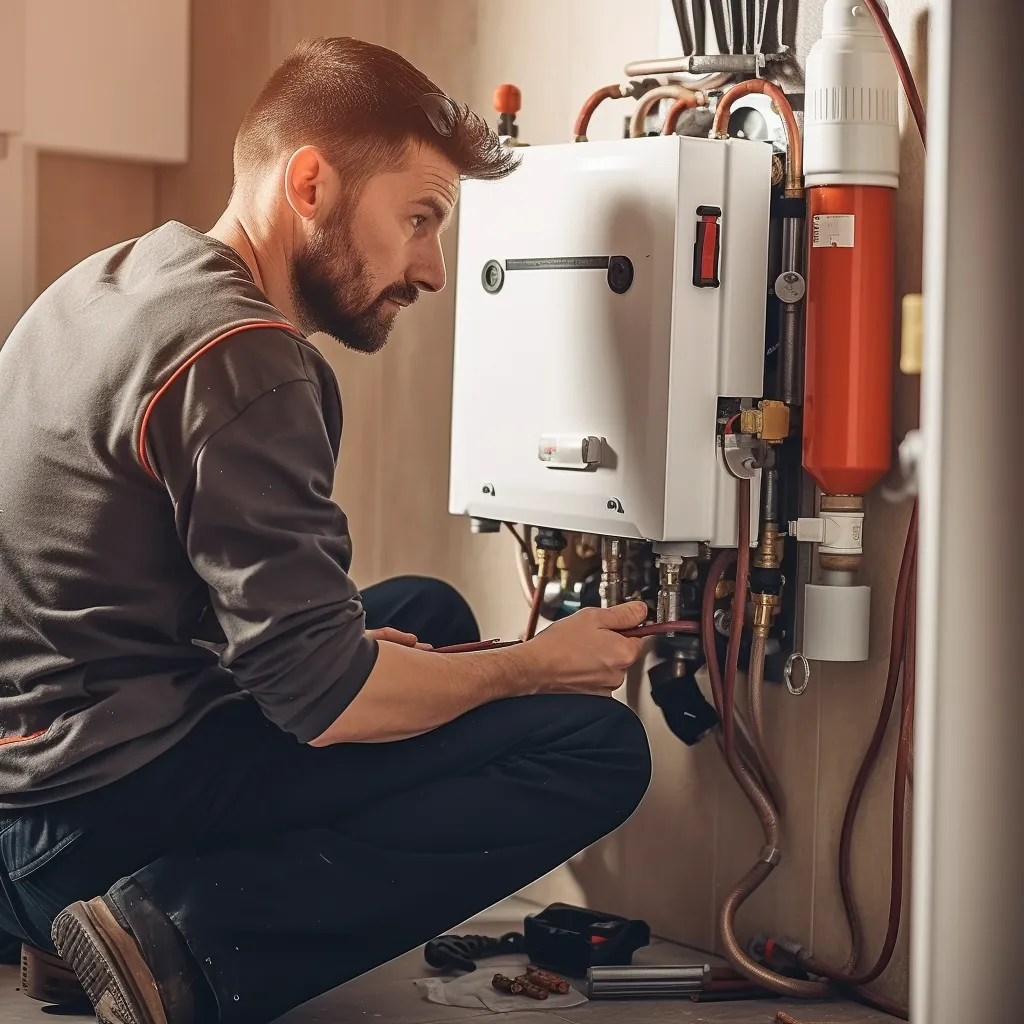
Analyzing Your Budget for a New Hot Water Heater
When choosing a water heater that fits your budget, consider your household's needs, energy efficiency, and suitability for your lifestyle. Evaluate the capacity required based on the number of occupants and hot water demand. Look for energy-efficient models, despite potential higher upfront costs, as they can lead to long-term savings on energy bills. Remember, investing in a high-quality water heater can result in significant savings down the line, so take your time to make a well-informed decision.

Replacing a water heater is a significant decision
Replacing a water heater is a decision that should not be taken lightly. Several important factors need to be considered before selecting a new unit. These factors include efficiency, age, and cost. If your current water heater is more than ten years old or requires frequent repairs, it may be time to consider upgrading to a more efficient model that can help reduce your utility bills. Conducting thorough research and consulting with a professional can provide valuable insights and guidance to help you make an informed decision that meets your specific needs.
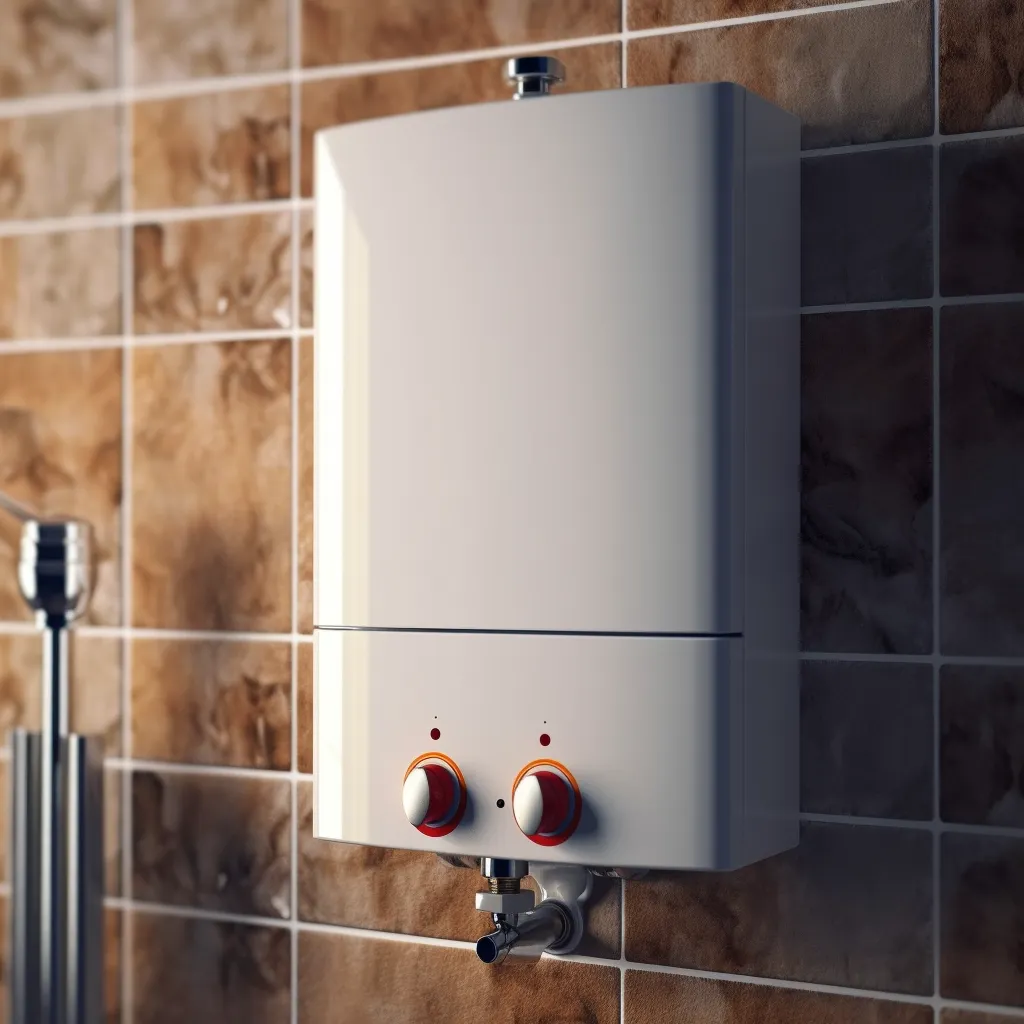
Extending the Lifespan of Your Water Heater
To ensure the longevity of your water heater and optimize its performance, it's important to take proactive measures. Follow these tips to extend the lifespan of your water heater:
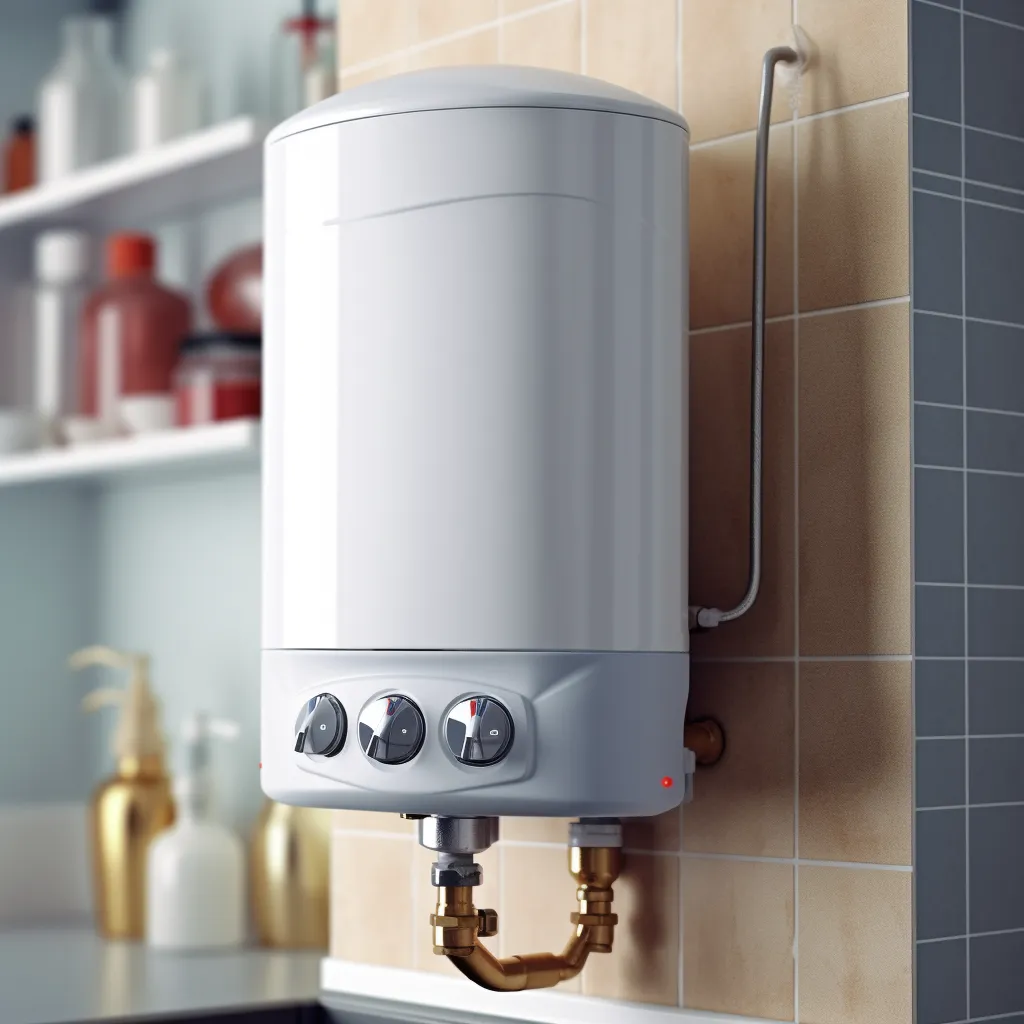
Regularly flush your water heater to remove sediment buildup. This helps reduce corrosion and improves overall efficiency.
Installing a water filter can prevent debris from entering your water heater and clogging the pipes, reducing the strain on the unit.
Insulating your hot water storage tanks minimizes heat loss and improves energy efficiency. This can help prolong the lifespan of the water heater and save on energy costs.
Regularly inspect the temperature and pressure relief valve to ensure it is functioning properly. This valve prevents dangerous pressure buildup and protects the water heater from potential damage.
The anode rod helps prevent corrosion inside the water heater tank. Regularly inspect and replace the anode rod as needed to maintain optimal performance and extend the lifespan of the unit.
Installing a timer for your water heater allows you to schedule its operation, giving it rest periods and saving energy during times when hot water is not needed as frequently.
Lowering the temperature setting of your water heater can reduce wear-and-tear on the unit and increase overall energy efficiency. Adjust the temperature to a comfortable but not excessively hot level.
By following these maintenance tips, you can increase the longevity of your water heater, reduce the risk of breakdowns, and save on repair costs and energy usage in the long run. Regular inspection, flushing, and proper care will help keep your water heater running efficiently for years to come.
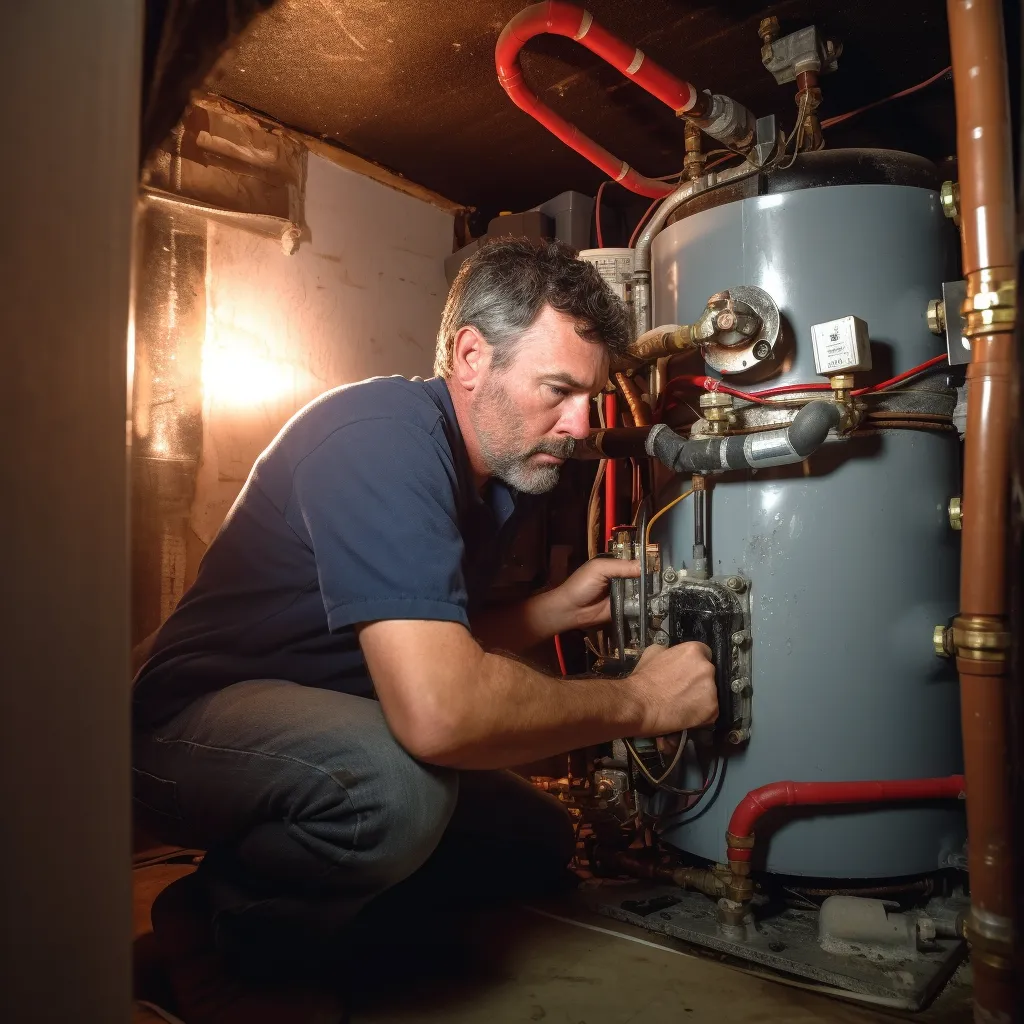
Addressing Malfunctions with Your Water Heater
To maintain your water heater's proper functionality, it's crucial to address any malfunctions promptly. Signs of a problem include insufficient hot water production or strange noises. These issues could stem from faulty heating elements, sediment buildup, or mechanical problems. To prevent further damage and increase the longevity of your water heater, seek the services of a specialist for timely diagnosis and repairs. Prompt attention to malfunctions can save you money in the long run and ensure your water heater continues to operate efficiently.
Signs it's time to get a new water heater
Water heaters are mechanical devices that eventually wear out, and it's important to recognize the signs indicating it's time for a replacement. Here are some warning signs to watch out for:
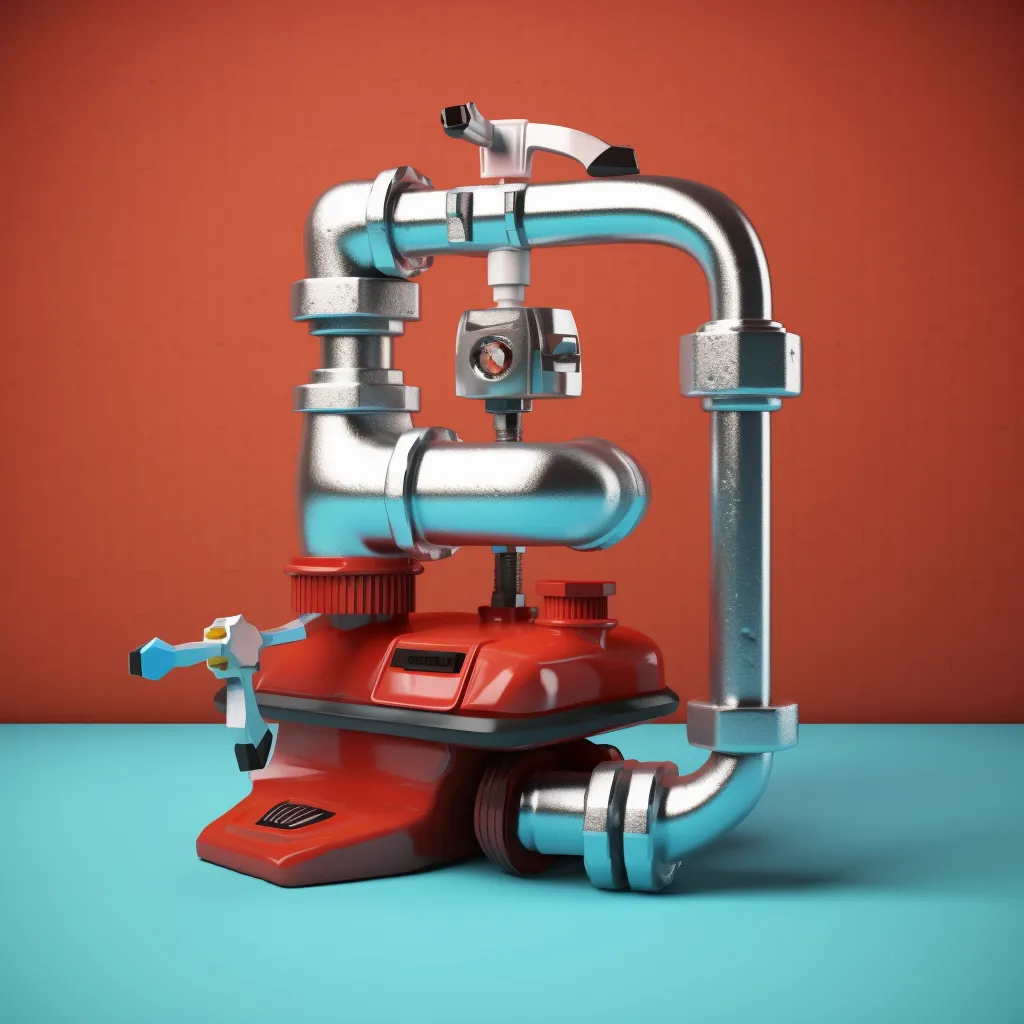
Age: If your water heater is over a decade old, it's likely approaching the end of its lifespan and should be considered for replacement.
Noises: Popping or gurgling sounds coming from the water heater can indicate that a new tank is needed.
Leaks: Any signs of water surrounding the base of the water heater may indicate a leak that requires immediate attention.
Hot Water Outages: Frequent outages or inconsistent hot water supply could be a sign that your water heater needs replacing.
High Energy Bills: A sudden increase in energy bills without any other explanation could be a result of a faulty water heater.
Frequent Repairs: If you find yourself needing to repair your water heater frequently, it may be more cost-effective to upgrade to a new unit.
Corrosion or Rust: Rusting or corroded areas on the water heater can indicate that it is no longer functioning properly and may need to be replaced.
Strange Taste or Smell: Off-tasting or odorous water can be a sign that the water heater is not functioning correctly and should be addressed.
Insufficient Hot Water: If your water heater consistently fails to provide enough hot water to meet your needs, it's time to consider a replacement.
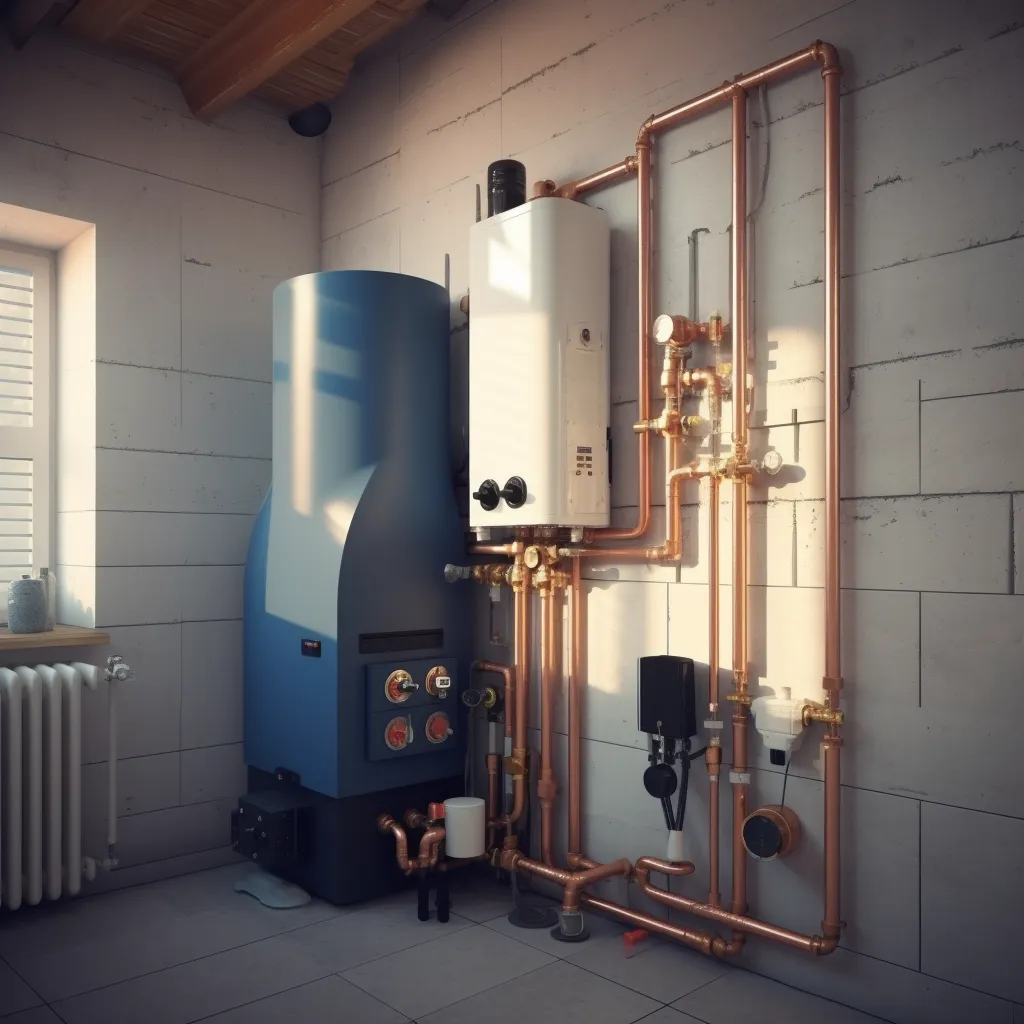
These warning signs should not be ignored, as they can lead to significant damage to your home and potential health risks. It is essential to consult with a professional as soon as possible to assess the situation and determine the best course of action to resolve the issue.
What is the cost of replacing
a water heater?
The cost of replacing a water heater can vary based on several factors. Here's what you need to know:
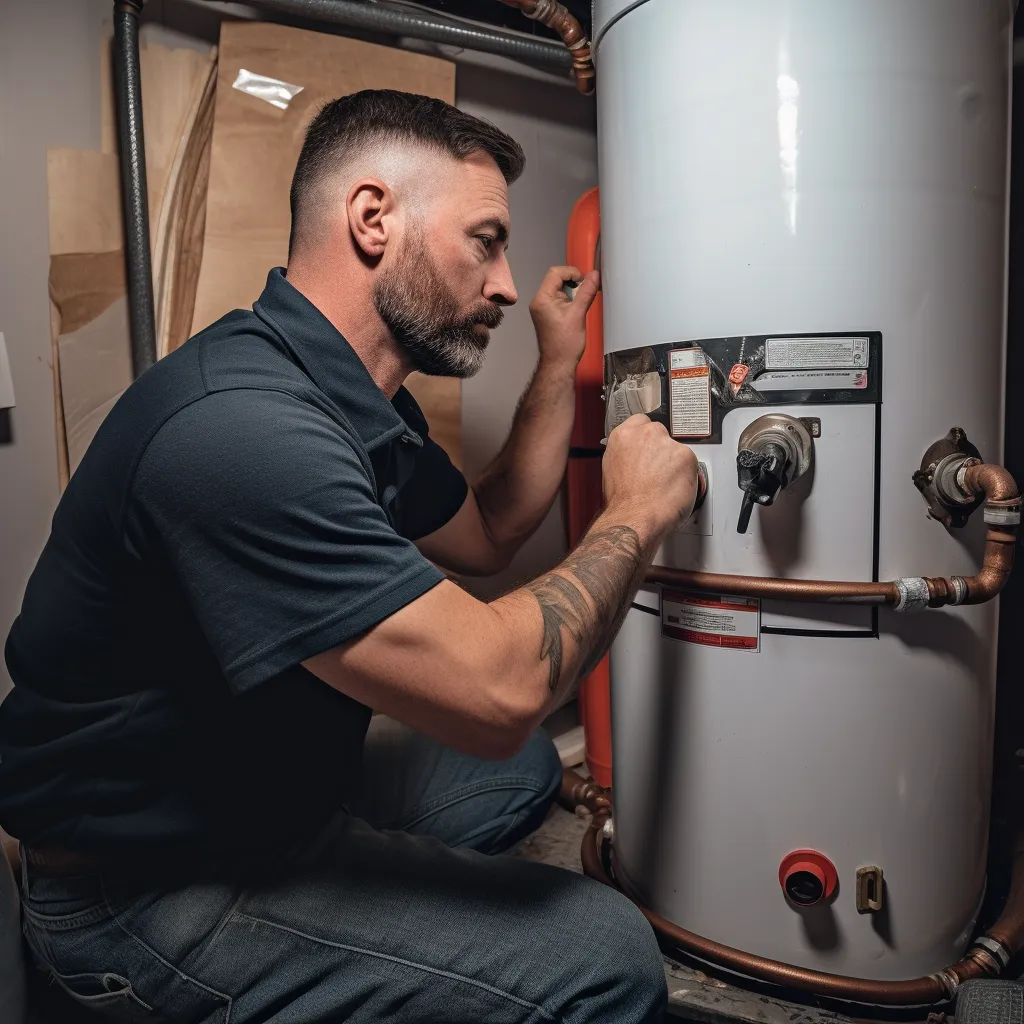
The cost of replacement depends on the type of water heater you choose, such as standard electric models or tankless systems.
Generally, larger water heaters have higher replacement costs compared to smaller units.
If the installation work is complex or requires modifications to accommodate the new water heater, it can result in higher installation costs.
Replacing a water heater is a significant investment. The cost for standard electric water heaters can range from $500 to $2,500 for replacement, while tankless water heaters may incur higher costs, typically ranging from $1,000 to $3,500 for replacement and installation.
Although the initial investment may seem substantial, opting for a high-quality water heater can lead to long-term benefits such as reduced utility bills and improved energy efficiency. Delaying the replacement of a water heater for too long can potentially result in costly home damage in the future.
Common frequently asked questions about replacing and installing a water heater
When it comes to replacing and installing a water heater, homeowners often have common questions in mind. They seek guidance on topics such as determining the right size, estimating installation time and costs, choosing the appropriate fuel source, and understanding the need for professional assistance
What size water heater size do I need?
How long does installation take?
What is the cost estimate?
Is professional assistance striclty necessary for installation?
When it comes to replacing or installing a water heater, considering your personal requirements is essential. Consulting with licensed plumbers is crucial to receive expert advice on selecting the right size and type of water heater for your home. They can also provide estimates for installation costs and any additional work that may be required. Seeking professional guidance ensures a well-informed decision and a successful water heater replacement or installation process.
Saving Money When Replacing a Hot Water Heater
Replacing a hot water heater doesn't have to break the bank. Consider these tips to save money and ensure a consistent supply of hot water for your home:
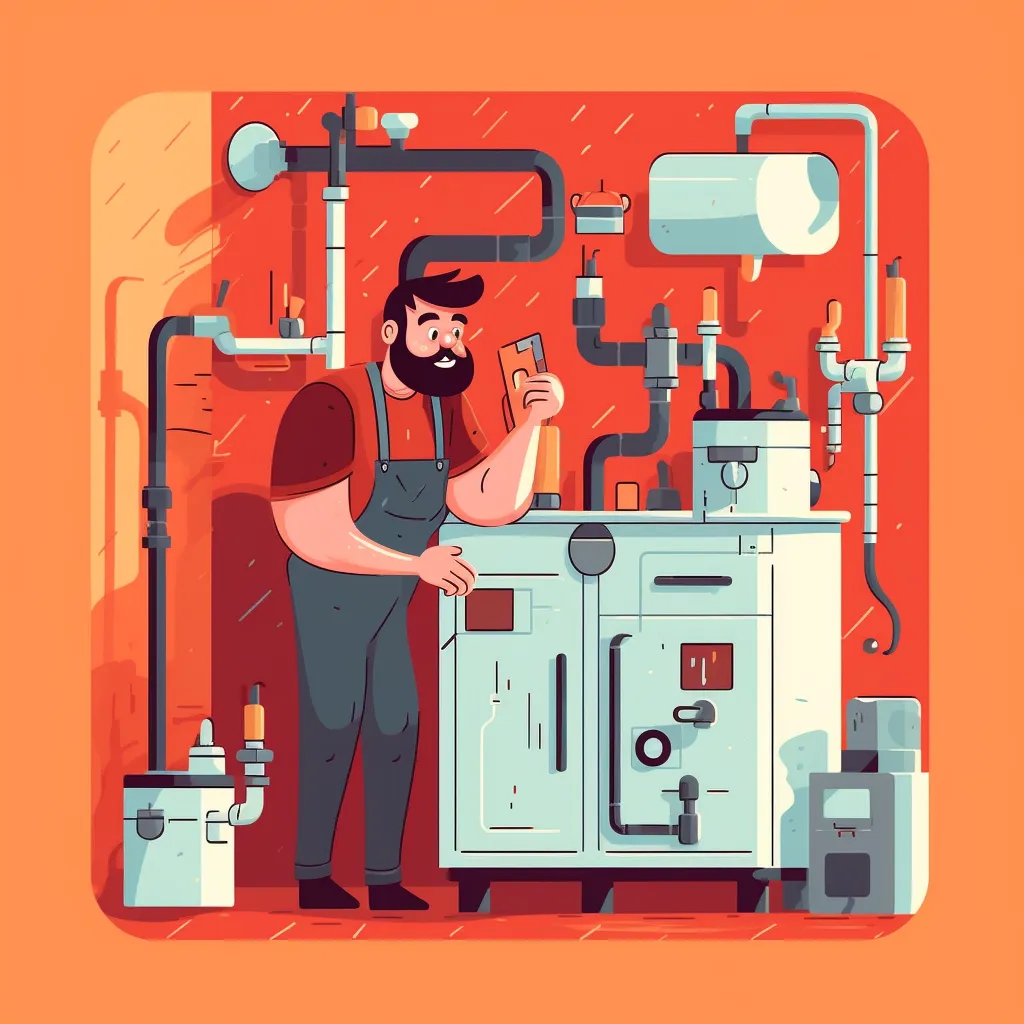
Take the time to research and compare different types of water heaters, such as standard electric models and tankless systems. Determine which option best suits your home's needs and budget.
Investing in an energy-efficient water heater can lead to long-term savings. Look for models with high energy efficiency ratings to reduce your monthly utility costs over time.
Before making a purchase, shop around and compare prices from different retailers and suppliers. This allows you to find the best deal and potentially save money on your new water heater.
Check if your state or local government offers rebates or incentives for the purchase of energy-efficient water heaters. Taking advantage of these programs can help offset the upfront cost of a new unit.
Although tankless water heaters may have a higher initial cost, they can result in significant energy savings in the long run. Evaluate the potential long-term benefits and savings when deciding between different water heater types.
It is highly recommended to hire a trained professional for the installation of your new water heater. This ensures proper installation, minimizing the risk of safety hazards or mistakes that can be costly to rectify.
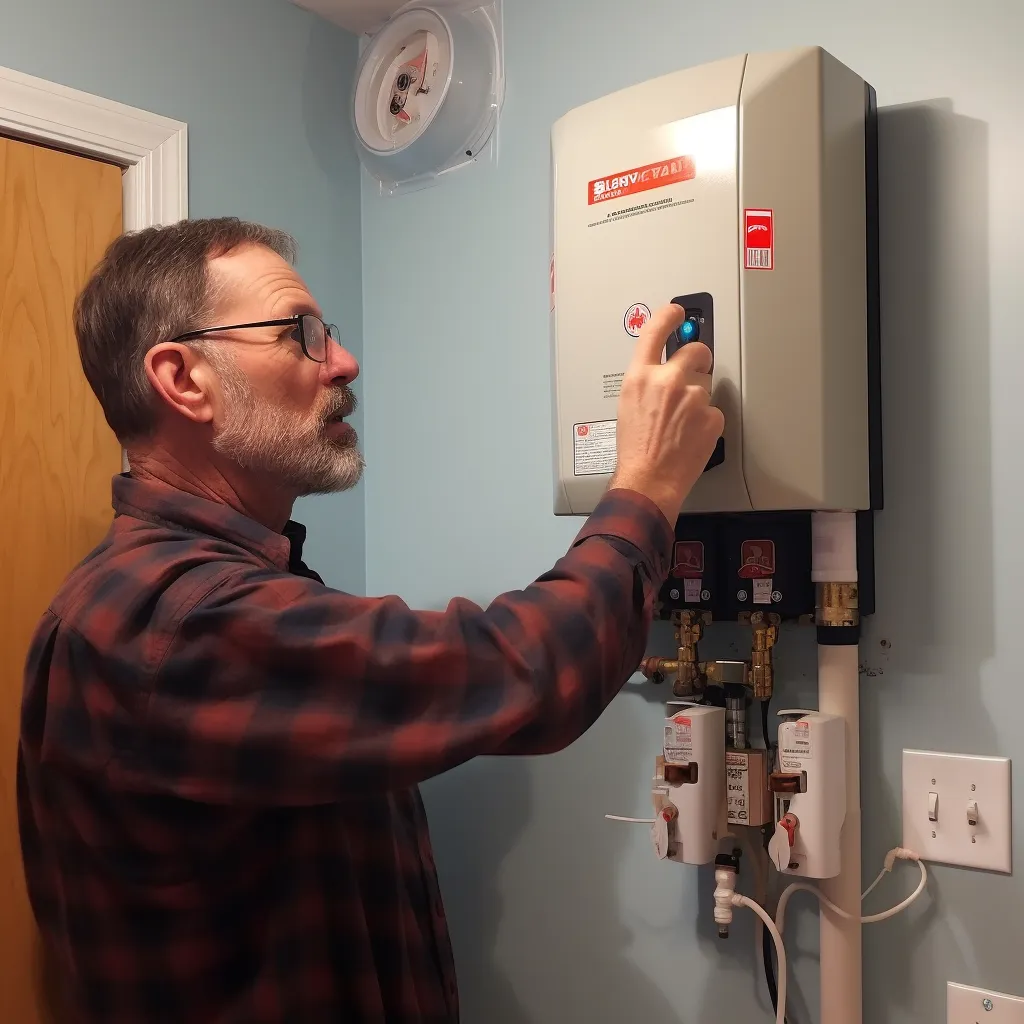
Why you should hire a professional
vs DIY installation
of a water heater
Replacing a hot water heater may seem like a cost-saving opportunity, it's important to consider the complexities involved. Opting for a professional installation, instead of attempting a DIY approach, offers several benefits. While it may be tempting to attempt a DIY installation to save money, the risks of errors and potential complications outweigh the initial cost savings. Investing in professional installation provides you with peace of mind, ensures a proper and efficient installation, and can save you money in the long term. When it comes to replacing your water heater, it's advisable to think twice and seek the services of a licensed professional.
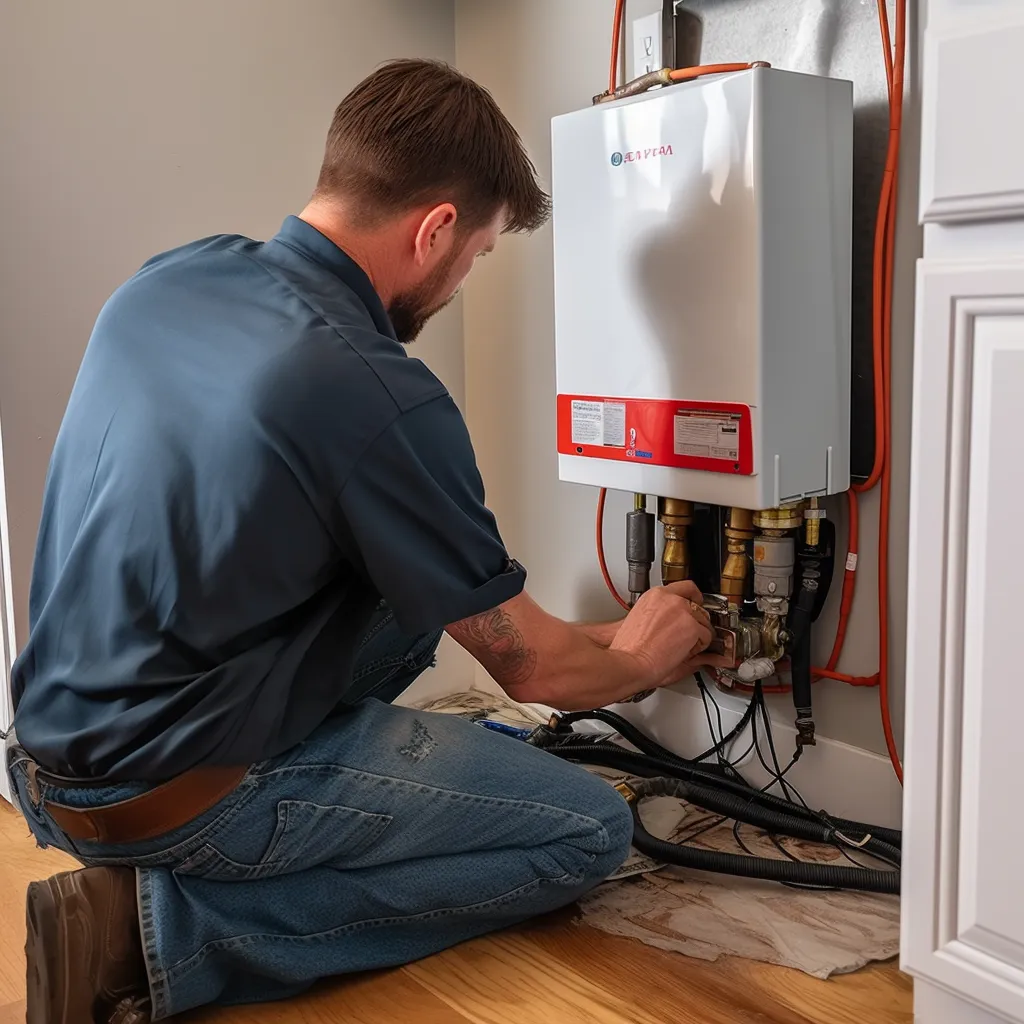
Tips on finding a water heater professional for installation
By following these tips, you can find a reliable and qualified water heater professional for installation. Doing your due diligence will help ensure a successful and satisfactory experience with your water heater installation.
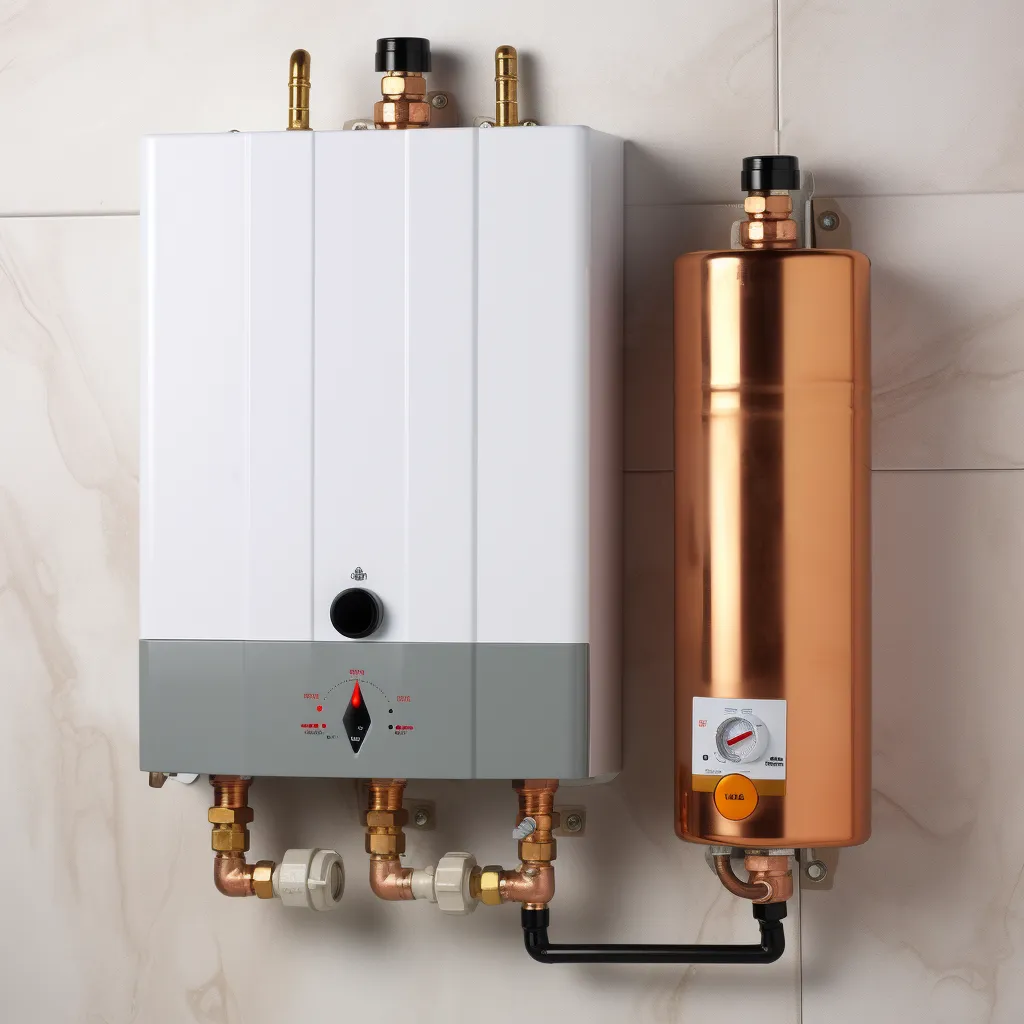
Take the time to research and ensure the quality of work provided by potential professionals. Look for online reviews, testimonials, and recommendations from trusted sources.
Verify that the professional holds the necessary licenses, insurance, and qualifications for water heater installation. This ensures they have the expertise to handle the job safely and effectively.
Reach out to previous customers and ask for feedback on their experience with the professional. Their insights can give you confidence in their workmanship and professionalism.
Request detailed estimates from multiple professionals to compare pricing and services. While cost is important, also consider the qualifications and certifications of the professionals to make an informed decision.
While cost is a factor, it's crucial to choose a professional who has suitable qualifications and certifications. Investing in a skilled professional can save you money in the long run and ensure a safe and effective installation.
Ready to Solve Your Plumbing Needs?
For reliable, expert plumbing services tailored to the needs of Malden and its neighboring cities, look no further than Water Heater Genies. We’re here for you 24/7, ensuring that your plumbing is always in top condition.
Call us today to schedule your service!
Business Hours: Monday - Sunday, 24 Hours
Phone Number: (781) 679-1733
Location: Malden, MA serving all surrounding areas.
Trust your local experts at Water Heater Genies for professional, timely, and efficient plumbing solutions.
GET IN FULL TOUCH
PHONE: (781) 679-1733
EMAIL:
marcus@waterheatermalden.com
Water Heater Genies
Malden, MA 01248
